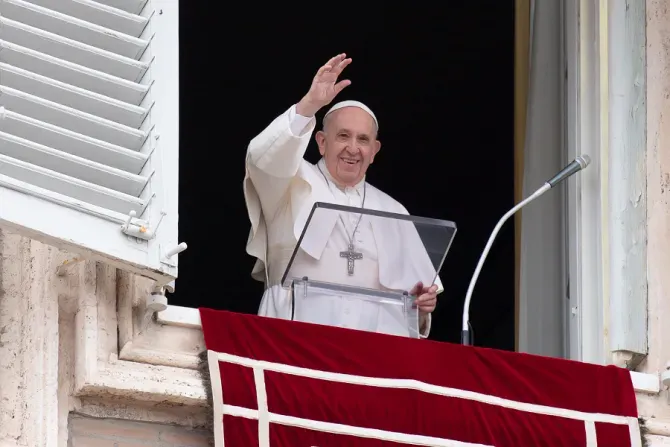Vatican, 13 June, 2021 / 8:51 pm (ACI Africa).
God asks us to trust that his love is always at work through our good deeds, even if we do not see the results we had hoped for, Pope Francis said on Sunday.
In his weekly Angelus address June 13, the pope said “even the seed of our good works may seem small; yet, all that is good belongs to God and therefore humbly, slowly bears fruit.”
From a window overlooking St. Peter’s Square, Pope Francis commented on the two parables in the day’s Gospel reading from St. Mark.
In the first parable, Jesus compares the kingdom of God to a man who scatters seed on the land; as time passes, the seeds sprout and grow, and the man “knows not how.”
In the second parable, Jesus says the kingdom of God is like a mustard seed, “the smallest of all the seeds on the earth,” which, once it is sown “springs up and becomes the largest of plants and puts forth large branches, so that the birds of the sky can dwell in its shade.”








